News Story
Final preparations for opening night are underway for Funny Girl as OXOPS gets ready to transport audiences to the Roaring Twenties this week at Oxford Playhouse.
Following the journey of Fanny Brice, from stage struck teenager to stardom, this is a role that is synonymous with the stage and screen legend Barbra Streisand, now brought to life by esteemed OXOPS member Nicola Pratley in the theatre company's first-ever production of the Broadway classic.
With Ed Blagrove at the helm, this sparkling production is a unique take on Isobel Lennart's classic book, stripping back the set to a black box theatre, to reflect Fanny's mind as she relives her memories. With wonderful choreography from Rachel Garnet and musical direction of Chris Payne, the team plan to delight audiences with all of Jule Styne and Bob Merrill's hit songs including People, Don't Rain on My Parade and The Greatest Star.
Now in their 117th year, OXOPS brings this theatre classic to the Main Stage, celebrating the exuberant and elegant flavour of Broadway in the 1910s and 20s. We are absolutely thrilled to welcome OXOPS back to The Playhouse stage, after their sell-out success of their production of Evita last year.
Fanny Brice is a young and ambitious woman who dreams of becoming a star, despite friends and neighbours telling her she isn’t pretty enough for the stage. During her rise to stardom, she captures the hearts of audiences and catches the attention of suave entrepreneur Nick Arnstein. As Fanny’s career takes off, her personal life becomes intertwined with the highs and lows of show business and marriage.
Image gallery
A gallery slider
A gallery carousel of 14 items
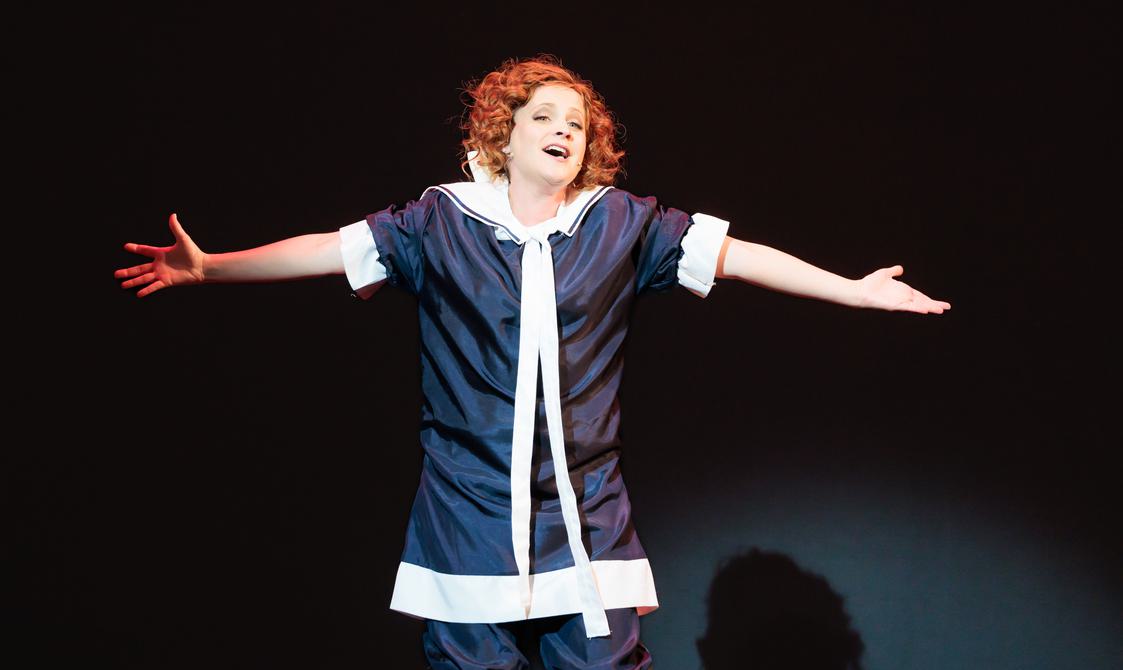
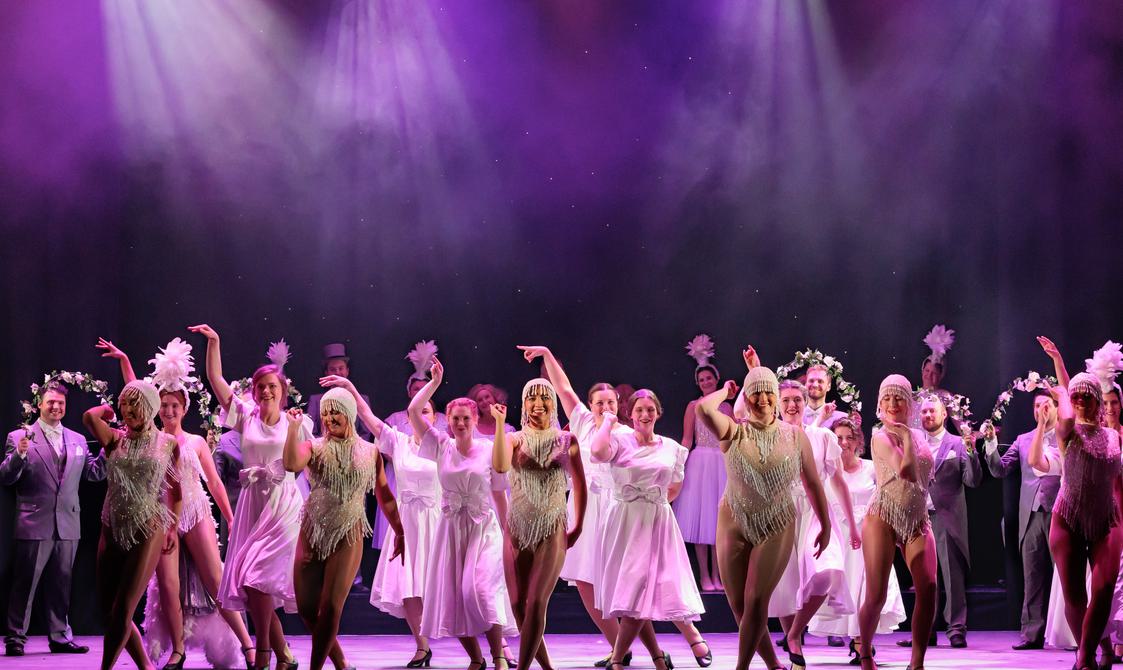
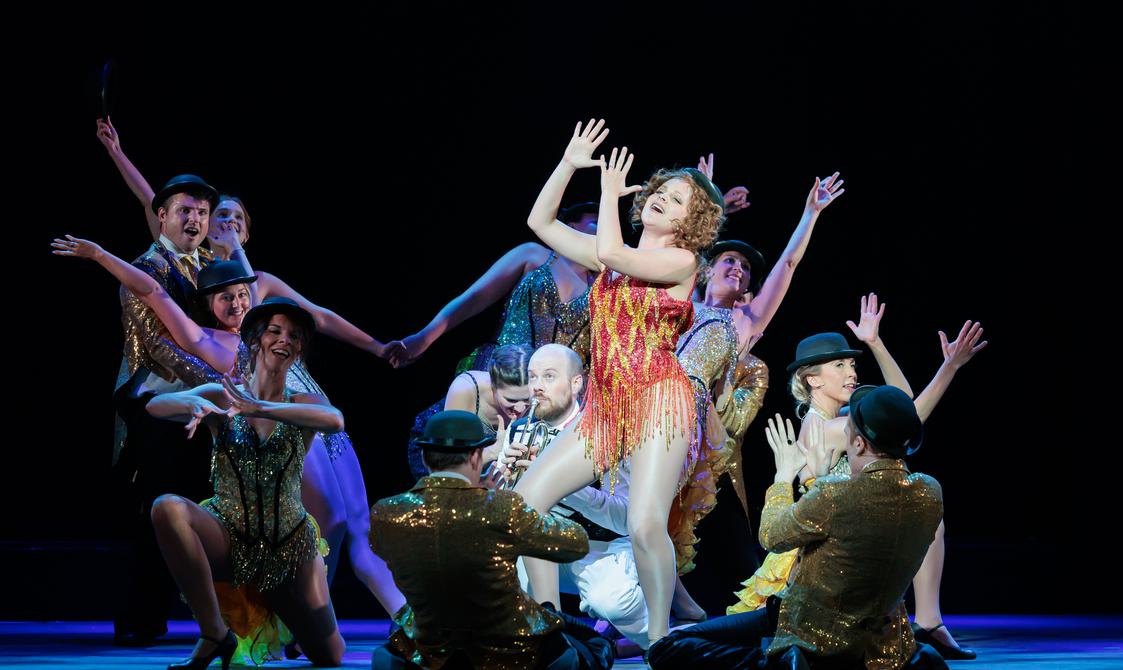
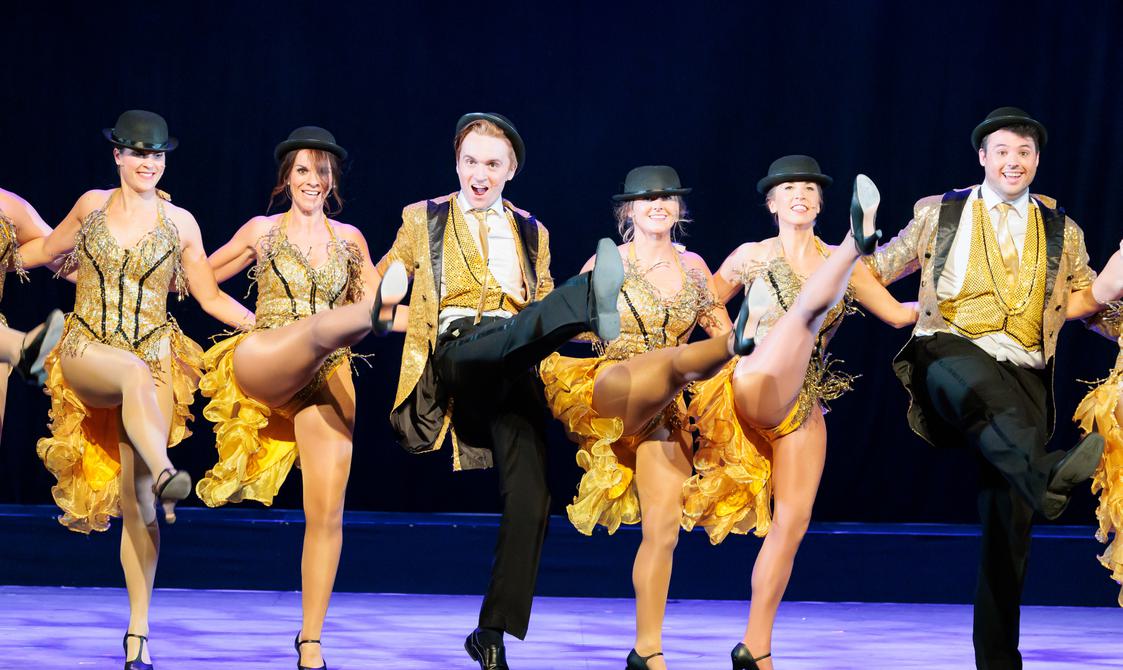
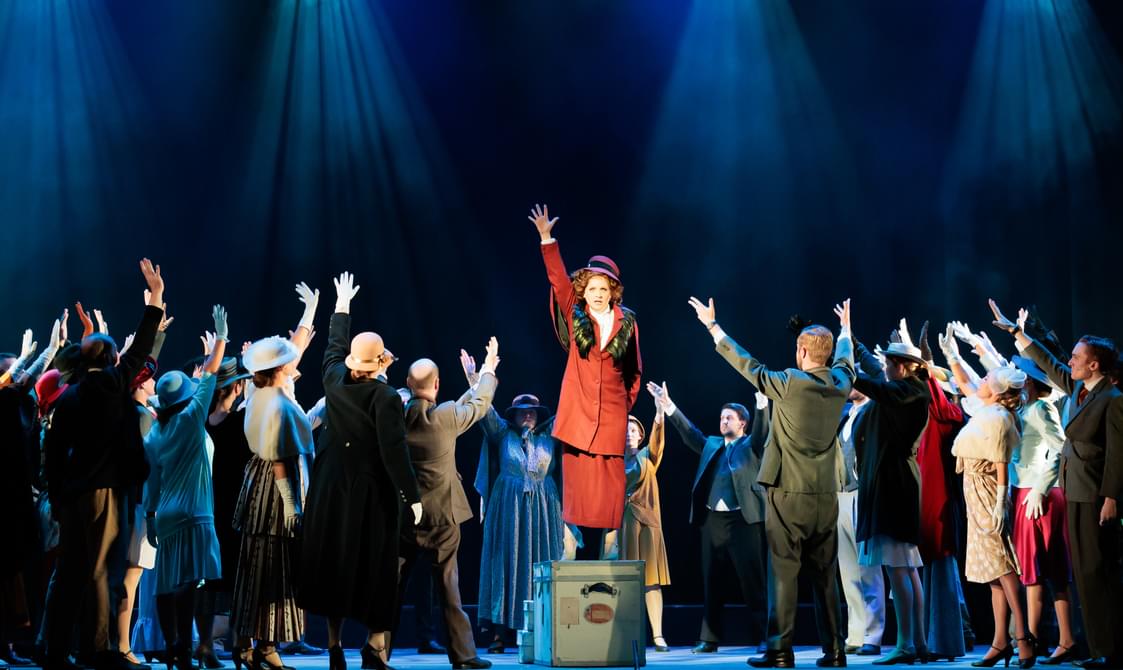
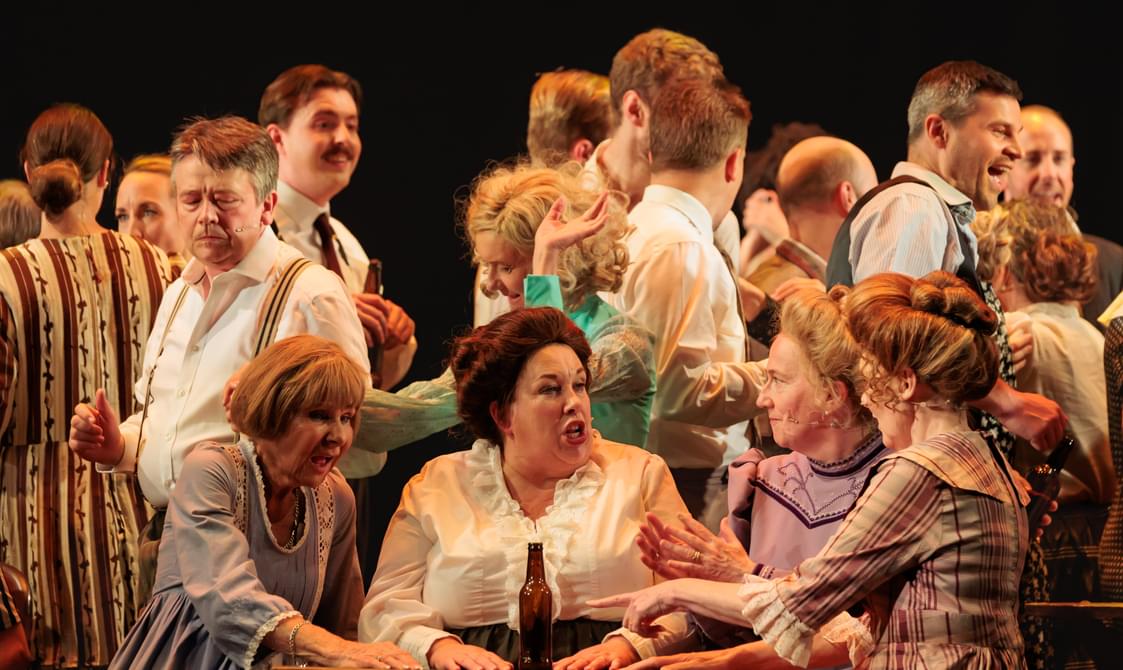
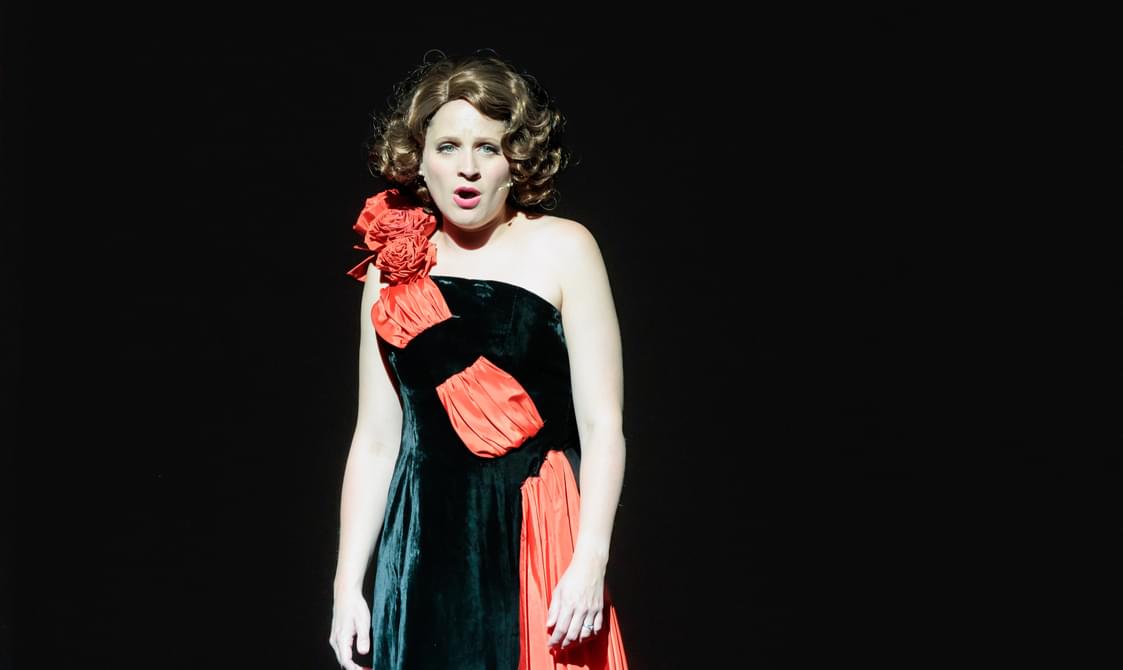
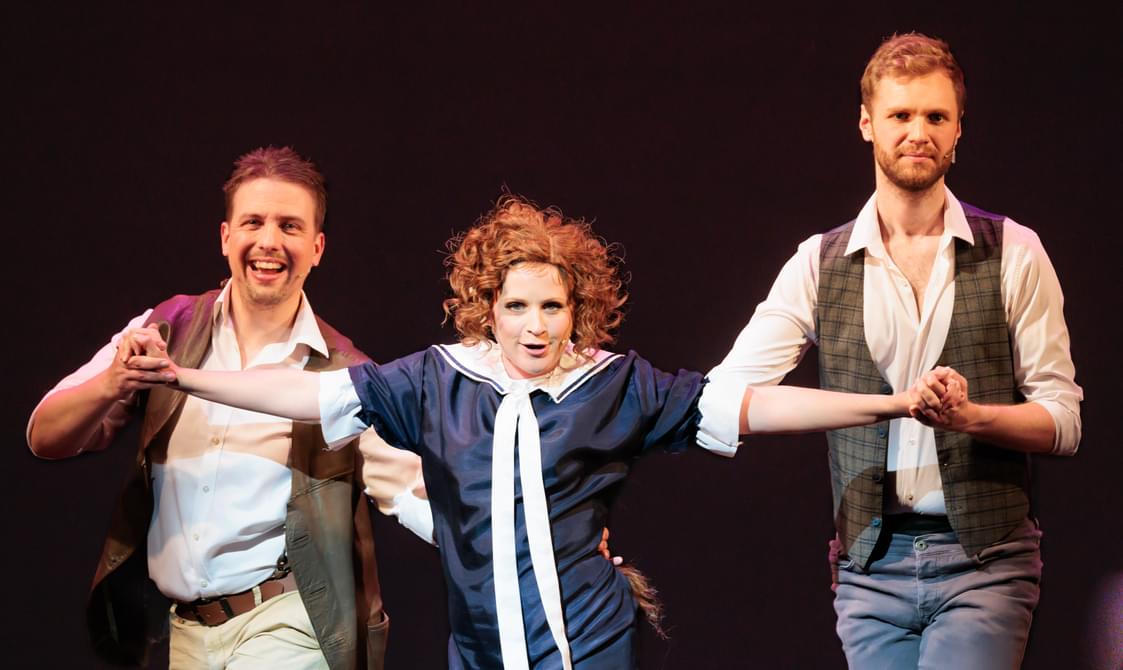
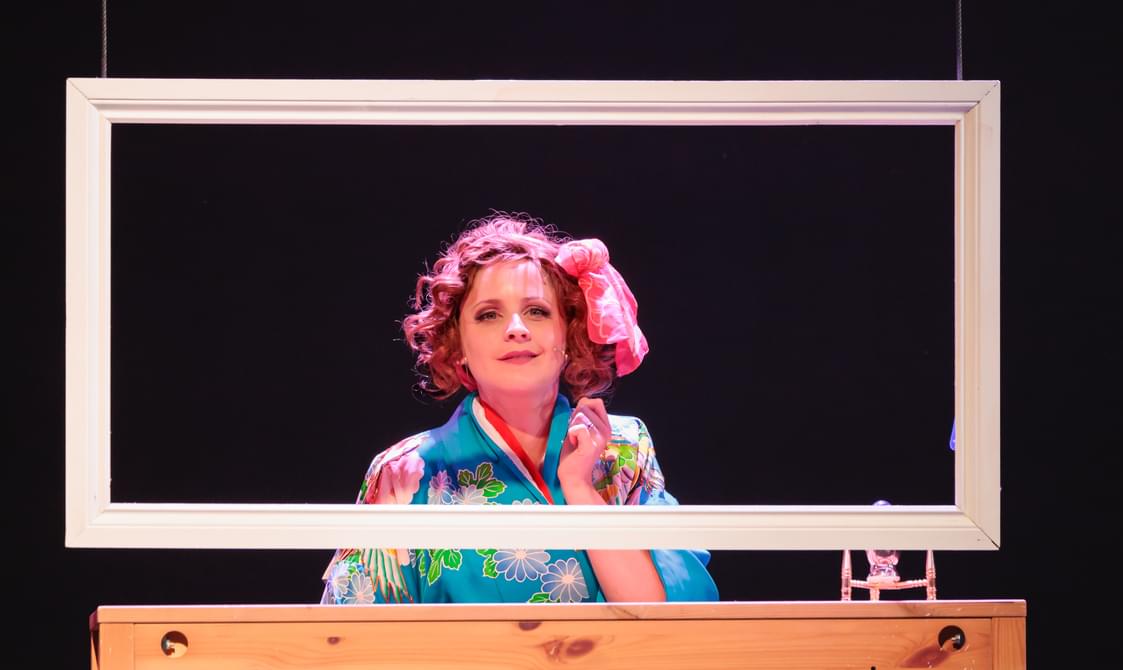
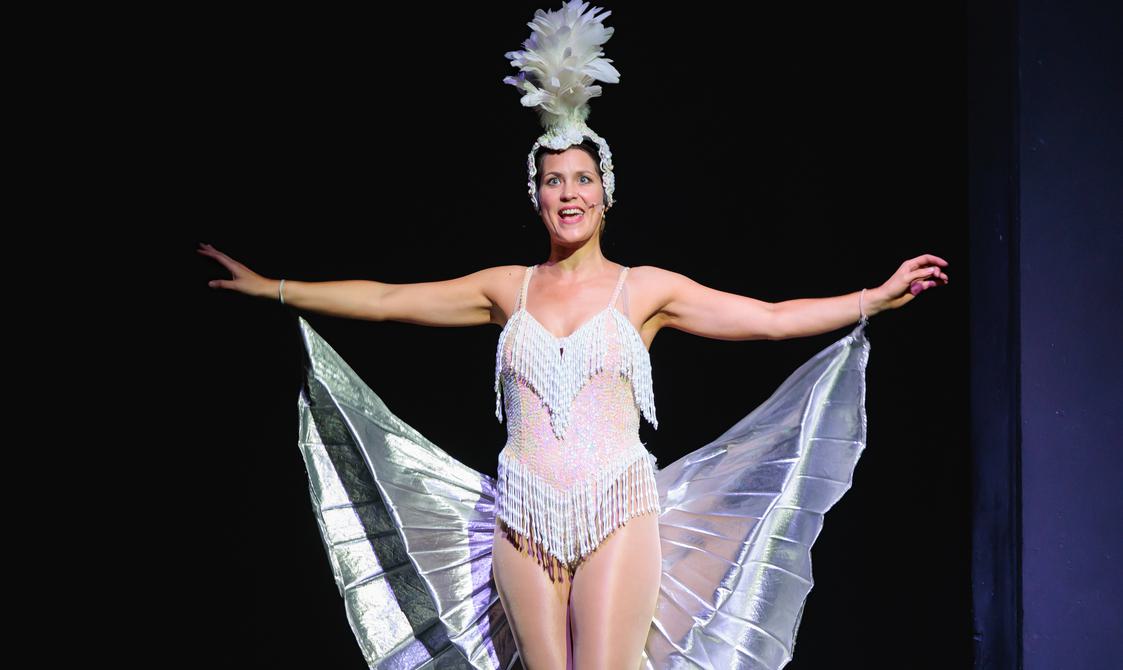
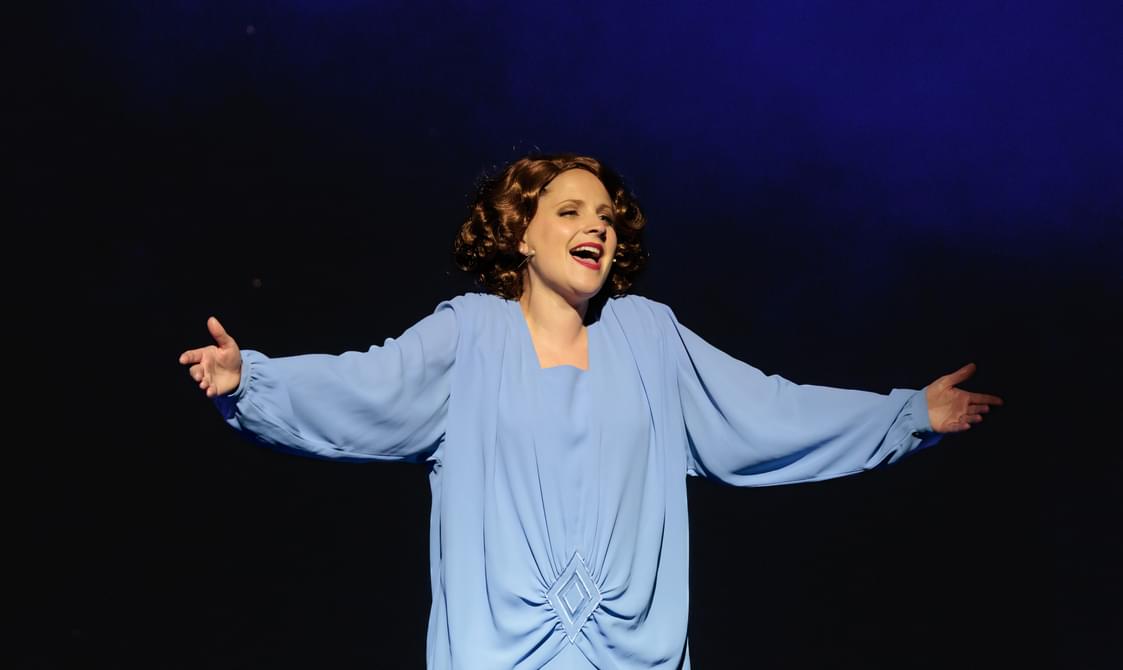
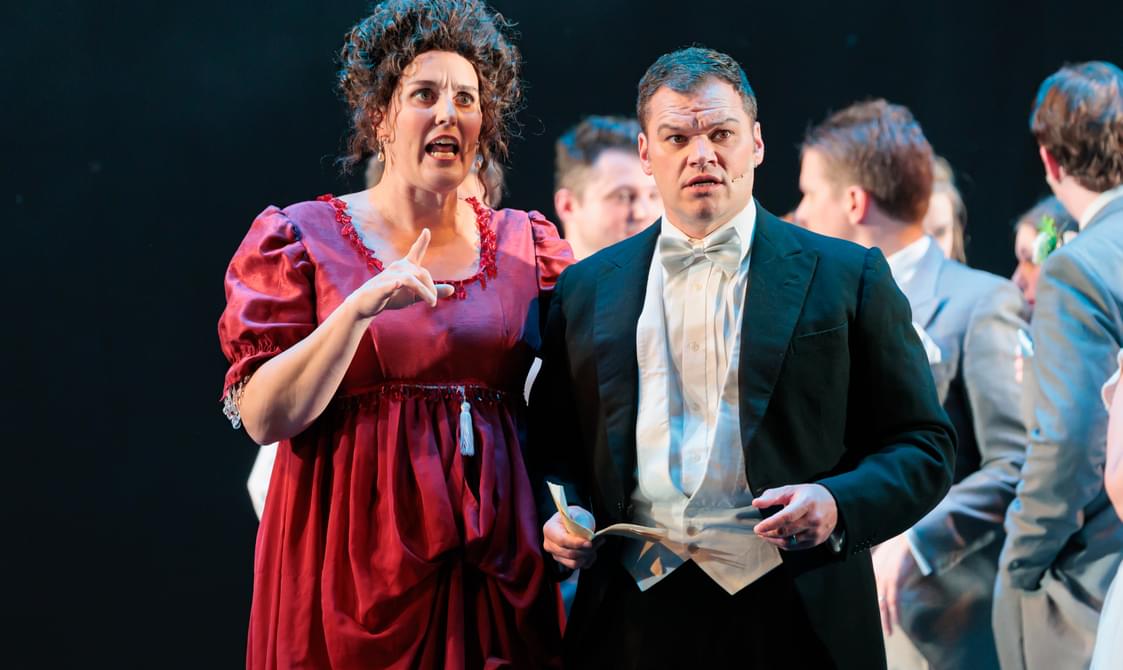
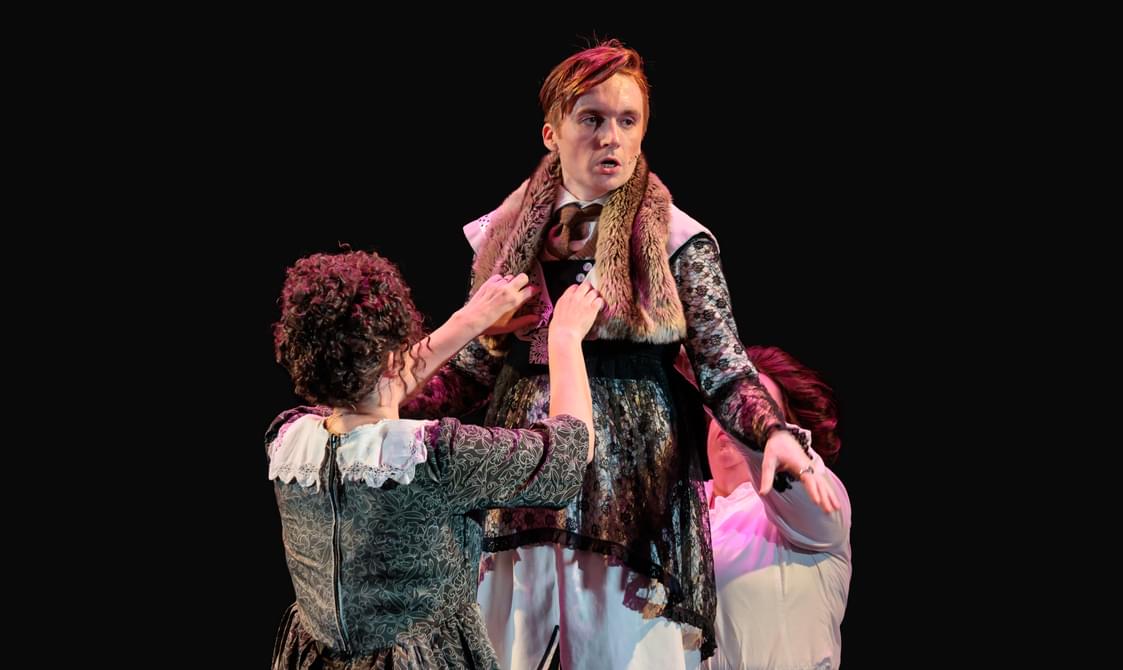
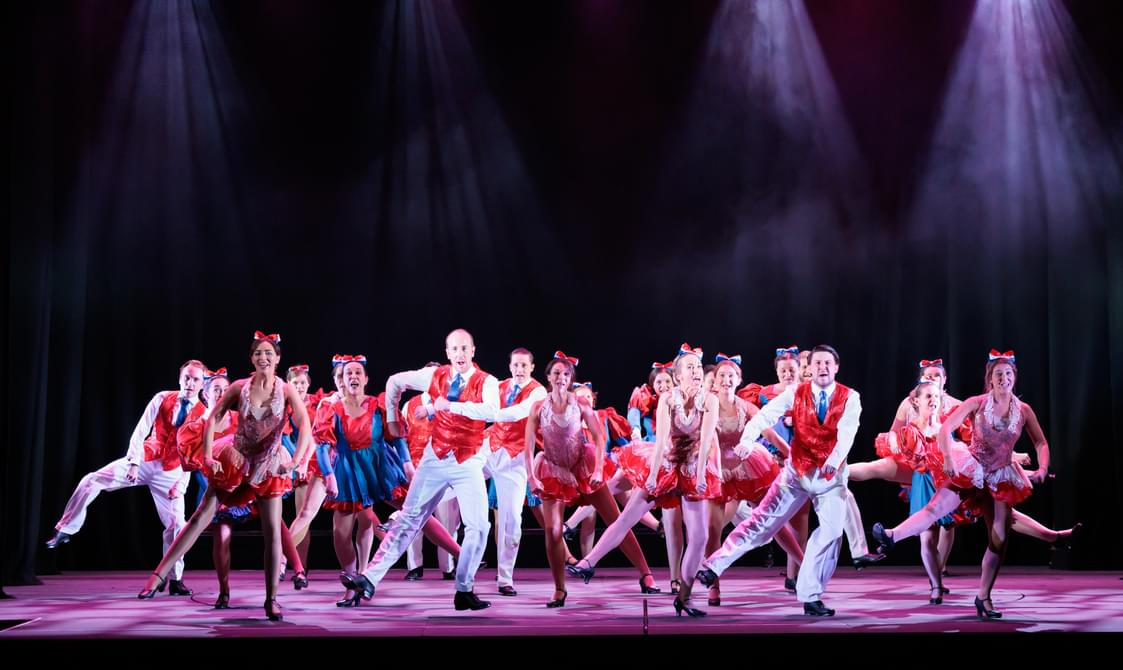
OXOPS has been in existence under one name or another since 1907. The City of Oxford Amateur Dramatic Club was founded in 1907 but in the 1920s split into two separate societies - The City of Oxford Amateur Dramatic Society and The City of Oxford Operatic Society.
In 1929 the two societies amalgamated again and became known as The City of Oxford Dramatic and Operatic Society. As far as we are able to tell, the first production of the reformed society was Merrie England, performed at The New Theatre. The society continued to perform there until 1932, when the old building was pulled down and the society moved to the Old Oxford Playhouse (known as the Red Barn) in Woodstock Road, until the outbreak of the Second World War.
The Oxford Operatic Society was reformed in 1946, largely due to the efforts of Percy Walters, George Walker and Bill Sawyer. The first production again was Merrie England, performed at The Oxford Town Hall. After five further productions the society took the momentous step of moving to Oxford Playhouse in Beaumont Street. Oxford Operatic Society's first show there was The Mikado in February 1950, the start of a long and happy relationship with Oxford Playhouse, as the society has performed there regularly ever since most recently with their production of Calendar Girls.









